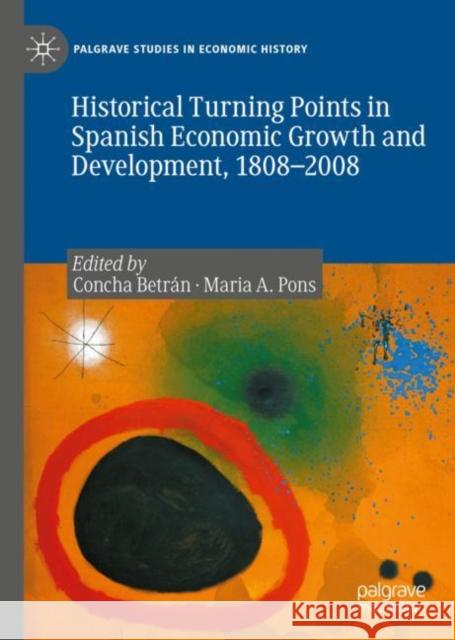Historical Turning Points in Spanish Economic Growth and Development, 1808-2008 » książka
topmenu
Historical Turning Points in Spanish Economic Growth and Development, 1808-2008
ISBN-13: 9783030409098 / Angielski / Twarda / 2020 / 267 str.
Historical Turning Points in Spanish Economic Growth and Development, 1808-2008
ISBN-13: 9783030409098 / Angielski / Twarda / 2020 / 267 str.
cena 603,81
(netto: 575,06 VAT: 5%)
Najniższa cena z 30 dni: 578,30
(netto: 575,06 VAT: 5%)
Najniższa cena z 30 dni: 578,30
Termin realizacji zamówienia:
ok. 22 dni roboczych.
ok. 22 dni roboczych.
Darmowa dostawa!
Kategorie:
Kategorie BISAC:
Wydawca:
Palgrave MacMillan
Seria wydawnicza:
Język:
Angielski
ISBN-13:
9783030409098
Rok wydania:
2020
Wydanie:
2020
Numer serii:
000462744
Ilość stron:
267
Waga:
0.45 kg
Wymiary:
21.84 x 19.56 x 2.03
Oprawa:
Twarda
Wolumenów:
01











